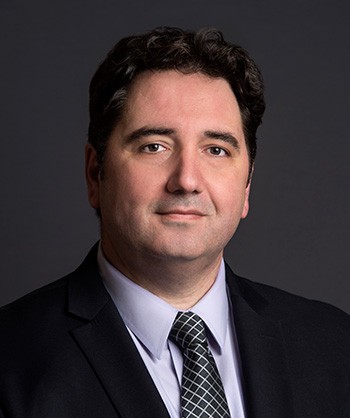
Sasha Tomić, Associate Dean for Strategy, Innovation, and Technology in the Woods College of Advancing Studies, has put forward three questions to help institutions of higher learning establish and maintain a COVID-19 response plan. He begins: “To say that COVID-19 is disrupting the economy in general and higher education in particular would be one of the biggest understatements of the century… whether the attitudes to online learning will change in the long run, and how [is still not clear]. Also, it is not clear how long the COVID-19 disruption will last and which institutions will survive it.”
Read the his questions and the full editorial in The Evolllution.


